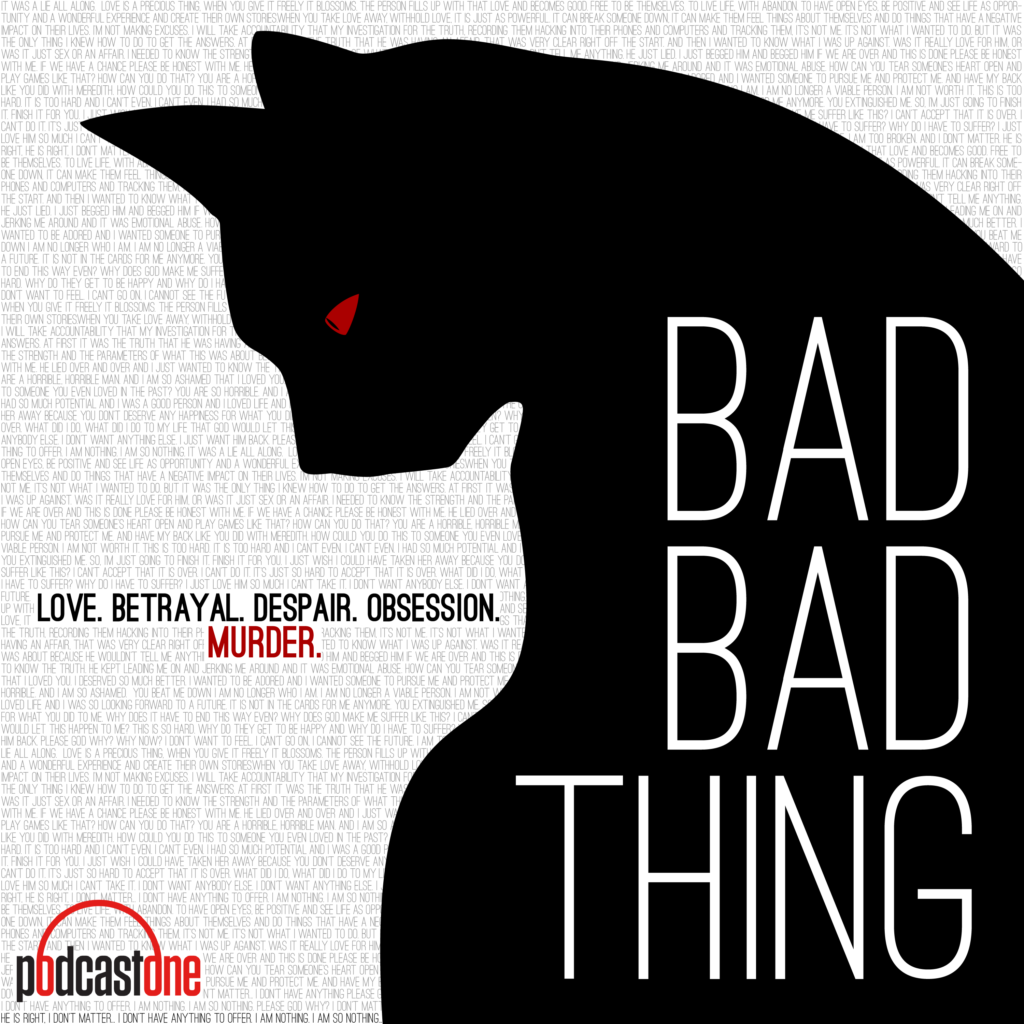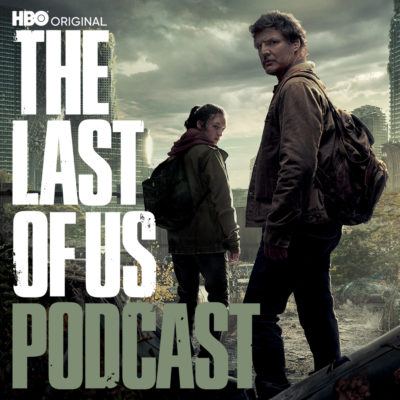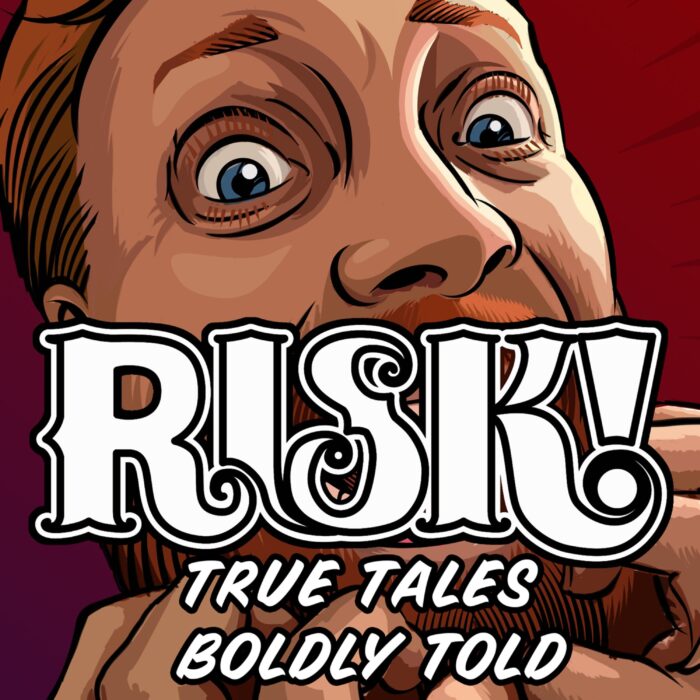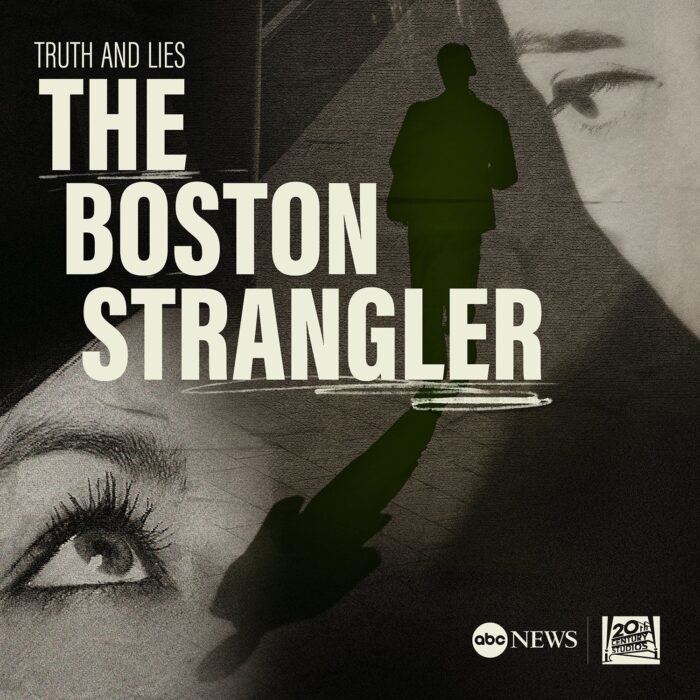#SpookySZN: ‘Dark History’ episode ‘Mind Games’ digs into lobotomies
Getting your brain sliced open by a medical professional for a once okay’d experimental surgery is scary! And contrary to what the New York Times reported in 1936, lobotomies are not a “surgery of the soul.” On Bailey Sarian’s “Dark History” episode, “Mind Games,” we’ll learn about one of the most terrifying medical procedures of all time, doctors who touted its efficacy, and patients who suffered before and after surgery.
Spoiler alert! When in doubt, don’t cut it out. Lobotomies were practiced in the 1900s when a doctor created a surgery claiming to treat mental health and illnesses like schizophrenia. We hear about James Watts and Walter Freeman’s adaptation of neurologist Dr. Moniz’s surgery from 1935. When Dr. Moniz heard about a procedure performed on chimps’ brains to change their aggressive behavior, and learned that their behavior shifted after an operation, Dr. Moniz thought he could do this to humans. James and Walter went on to popularize the lobotomy in the US and modified Dr. Moniz’s technique, drilling into the skull’s side instead of the top, and tracking patients’ results.
In this episode, we’ll learn about James and Walter’s procedures on sufferers from anxiety, depression, self-doubt, insomnia, headaches, and other ailments, and what happened post-op. Removing parts of the brain associated with feelings and motor control would zombify patients, leave them without any brain activity, or made their initial conditions worse. Walter, who was not a surgeon, found he could perform procedures himself with a modified technique, putting an ice pick device through the eye socket into the brain.
In the 1930s, mental health sufferers would be sent away to asylums or hidden from the public eye. Looking at 1930s statistics, Bailey said 60% of lobotomy recipients were women. Often times, people would receive lobotomies without their consent, and to their horror, would find out later in life, such as the youngest lobotomy survivor, Howard Dully.
The “successful” lobotomies were often publicized, while the botched procedures would remain a secret, such as the unfortunate result with JFK’s sister, Rosemary Kennedy.
Bailey shares Rosemary’s story: a once fun-loving kid shunned and scorned due to behavior her family did not approve of. With moodiness, partying, and rebellion, she was thrown out of schools until landing at a convent. The nuns believed she was sleeping with men, so the family looked for treatments to “control” her behavior. The Kennedys were embarrassed by Rosemary, so they thought a lobotomy would do the trick.
In 1941, Rosemary went in for the lobotomy and a hole was drilled above each of her temples. A knife-like instrument was placed inside the holes to cut connections in the prefrontal lobe. Rosemary was asked to sing songs and answer questions as the surgery was underway. The doctor knew the procedure was finished when her words started to jumble or she stopped talking altogether. When Rosemary woke up, her mental capacity was reduced to that of a toddler. She lost the ability to walk, babbled instead of talking, and had to rely on caretakers. Rosemary was sadly shipped away, never to be seen again.
Toward the end of the episode, listeners hear about the downfall of lobotomies and the rise of pill treatments in the 1950s.
Host Bailey has created an interesting combo palette platform complete with her interests in make up, the macabre, and true crime. Starting as a YouTube series, Murder Mystery & Makeup, Bailey branched into podcasting with “Dark History” to cover dark topics from American and world history.
Other popular episodes of “Dark History” cover The Triangle Shirtwaist Fire, Andrew Jackson, birth control, America’s first unofficial female president, Edith Wilson, and more. If you’re into such topics, check out the episode “Mind Games” and the rest of “Dark History’s” series. New episodes are posted weekly.








